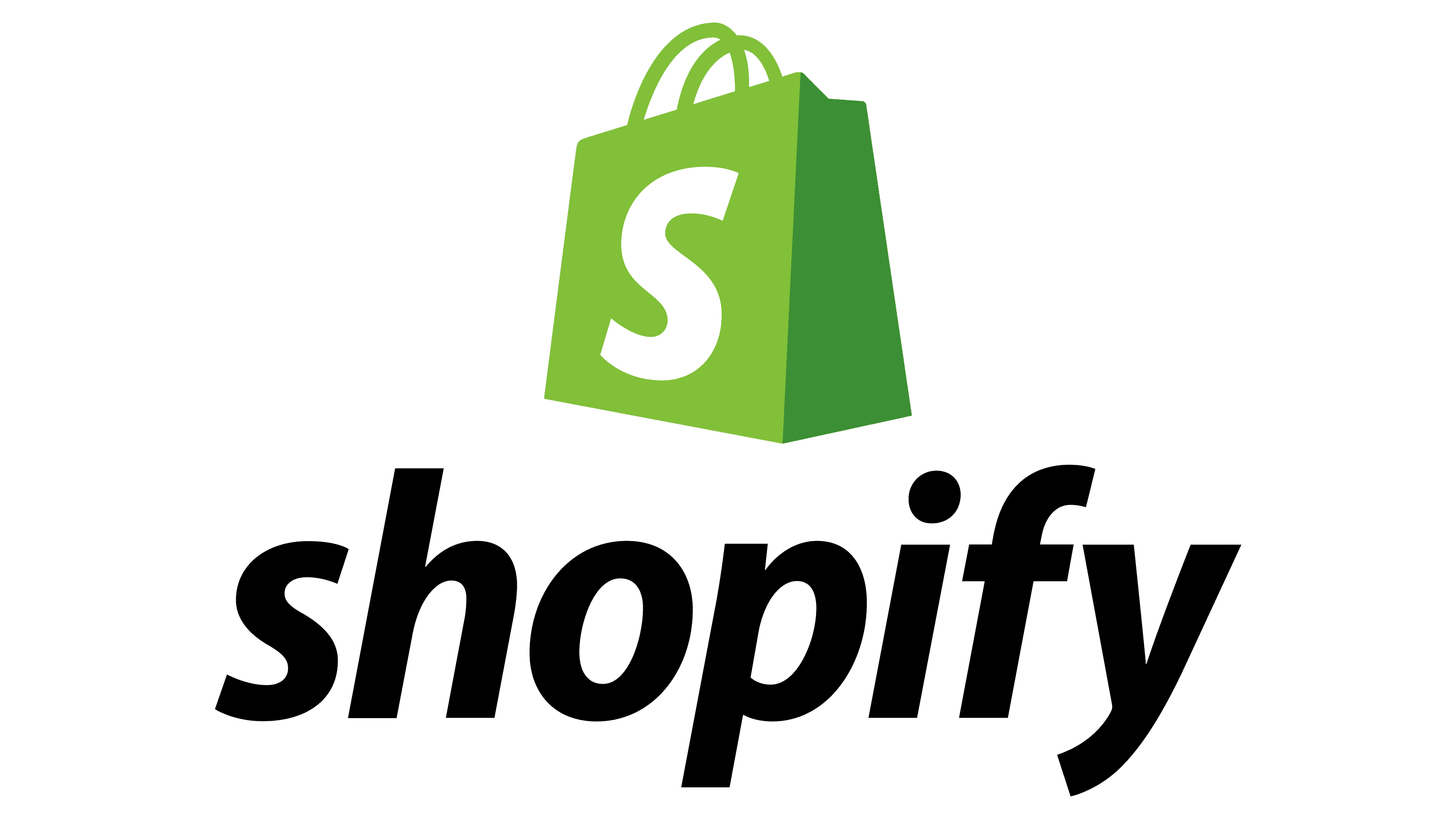Shopify vs BigCommerce (2024 In Depth Comparison)


Maximize Festive Season Sales With Fynd Platform
Learn from the masters and cracks the code to festive season sales success with Fynd Platform's Festive Readiness Guide
.webp)
The choice between BigCommerce and Shopify may determine which online business solution is best for your firm. We examined the two phases regarding their worth, usefulness, reconciliation with external applications, bargains, installation, and executive gadgets. They firmly coordinated and incorporated a few lessons (client service, security, and deals devices). BigCommerce offered excellent products and request-the-board tools, but Shopify had the lead in affordability, payment processing, simplicity, and promotion. Fortunately, BigCommerce doesn't charge any exchange fees, either.
After comparing BigCommerce with Shopify, we recommend the following:
- The best options for independent firms or start-ups are: Shopify
- Best for large businesses or well-off organisations: BigCommerce
By including all components that small businesses require, Shopify improves simplicity and usability. Shopify is the most excellent Web-based company platform for most independent businesses thanks to this sophisticated retail location (POS) apps, a comprehensive application commercial centre, and plans that can grow with your business. Meanwhile, BigCommerce enables you to look for the lowest exchange fees of any payment processor. BigCommerce is a better option for creating online E-commerce companies with complicated item groupings or wanting to reduce handling costs because it does not limit the number of variations each item may have, unlike Shopify.












